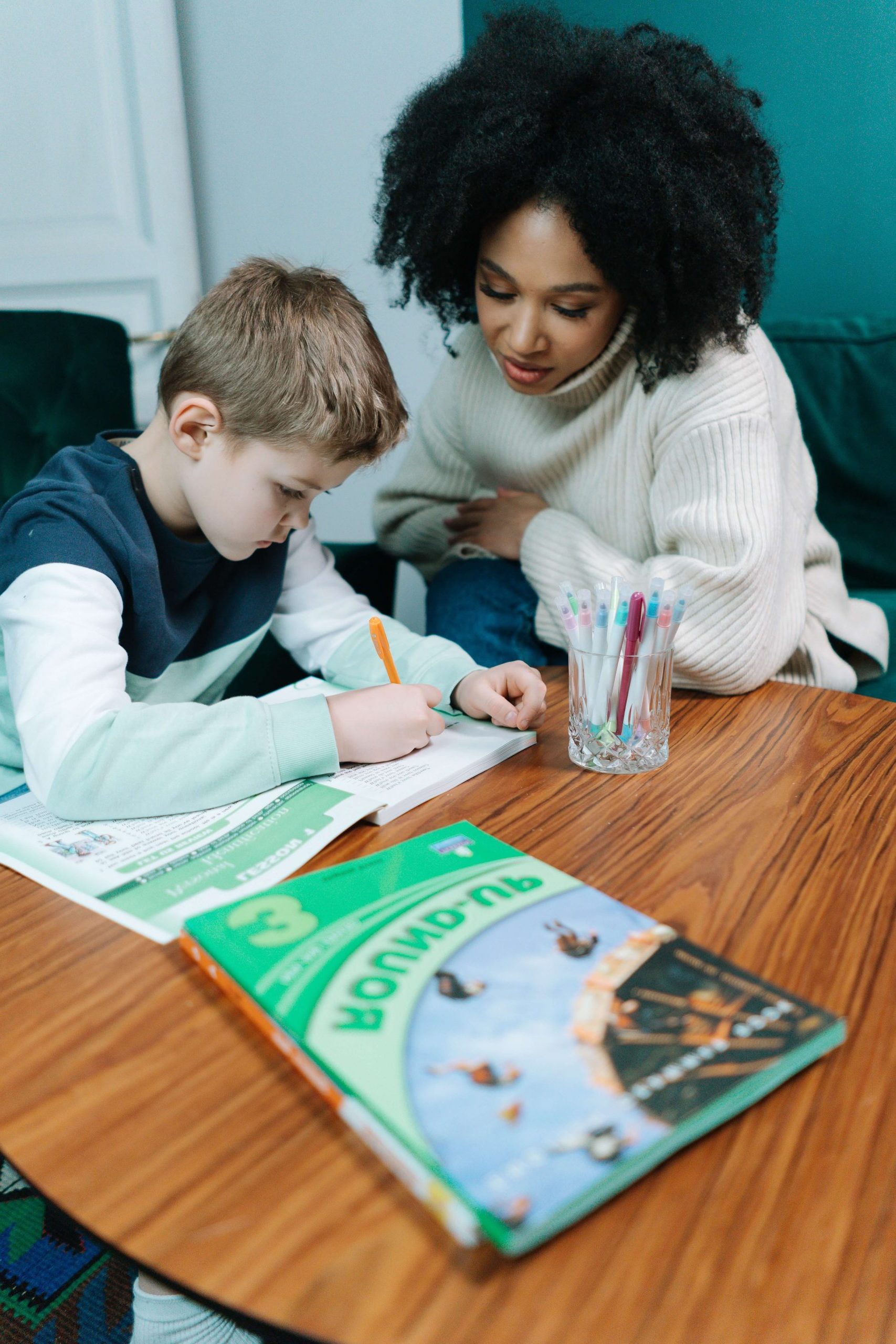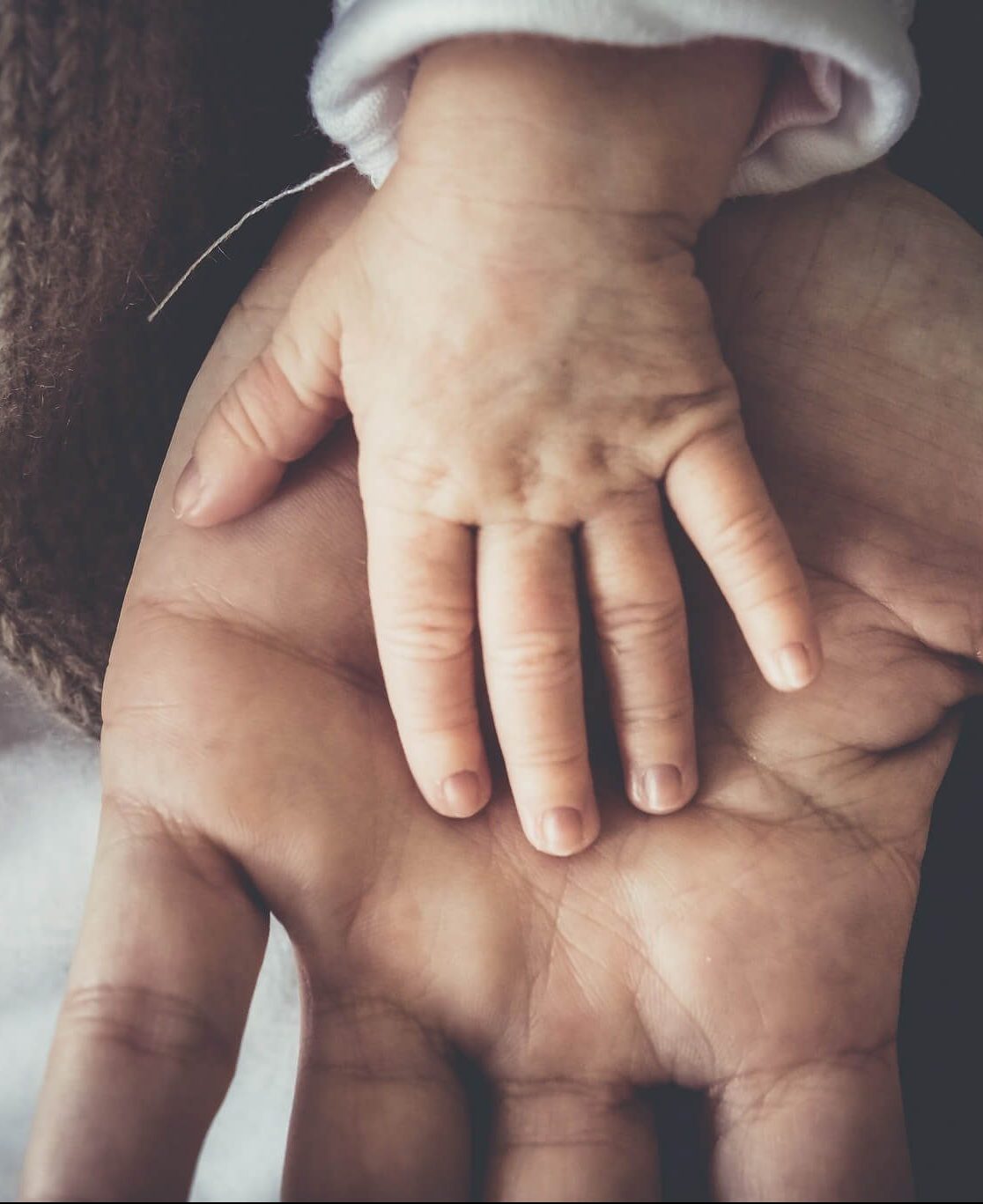
What is a childminder? What can they do? How can I become a childminder? If you care for the health of children, or want to, you may have to register as such. Then, Your Benefits will walk you through everything you need to know about how to become a childminder.
What is a childminder?
A childminder is a person who is paid for looking after children under the age of 8. Childminders are registered with either Ofsted or a childminder agency. Moreover, they can work with children for over 2 hours daily, and can do so in their own house for pay.
Finally, there are certain costs that occur when you want to register as a childminder. Furthermore, these costs can vary. However, there are some that are fixed, like registering with ICO.
How to become a childminder

If you do all of the following, you may need to apply to be a childminder:
- Care for children younger than 8 years old;
- Are in charge of them for over 2 hours a day;
- Take care of them in your own house;
- Receive payments for looking after them (including payment in kind).
To do so, you may need to register with either Ofsted or a childminder agency. However, there are exceptions. If you are one of the following, you will not need to register as a childminder:
- A nanny;
- A tutor;
- A babysitter looking after the children between 6pm and 2am;
- A family friend looking after the children less than 3 hours a day.
Some conditions make you unable to apply. You may not be a childminder if you:
- Are younger than 18 years old;
- Have children that you are caring for that are related to you;
- Cannot legally work in the United Kingdom;
- Are not allowed to work with children;
- Were disqualified;
- Have a registration that was previously refused or cancelled (this does not apply if the reason was an unpaid annual fee);
- Do childminding that takes place in a place where a disqualified person works or lives.
You may not apply if you’ve been disqualified. However, you may instead try to wave your disqualification. If your disqualification is lifted, you may apply.
Childminder cost
You will have to pay Ofsted an annual registration fee. You will also have to pay for additional things, like checking your criminal record, training and insurance. The following tables will show you how much your registration fee will be:
| Costs linked with nanny and childminder registration in 2022 | ||
|---|---|---|
| Fee for childminders | Fee for nannies | |
| Taking care of children 5 years and younger | £35 | Not applicable |
| Taking care of children 5 years and older | £103 | Not applicable |
| Taking care of children of any age | £35 | Not applicable |
| Register as a nanny | Not applicable | £103 |
| Checking your criminal record | £48.10 | £48.10 |
| Checking the criminal record of adults in your home | £48.10 per adult | Not applicable |
| Recommended criminal record check update service | £13 per year | £13 per year |
| Getting a health declaration booklet filled and signed by a GP | About £90 | Not applicable |
Second is the training specific to the type of care you will give. You may ask your council about it. The cost for childminders is between £50 and £200. The cost for nannies will be between £60 and £200.
How to register as a childminder
If you become a childminder, you will be able to take care of children in your own house. Unlike nannies, childminders can take care of children from more than 2 families at once. The registration process is done online. It should take around 30 minutes. You will need the following:
- An enhanced criminal record check with barred lists (you may get this from the Disclosure and Barring Service (DBS), and must get the criminal record check specific to your situation);
- First aid training specific to the age of the children you will be taking care of;
- Childcare training (you may find exactly what you need from your local council);
- A health declaration booklet;
- The contact information of 2 references;
- If you have lived abroad in the past 5 years: a certificate of good character (you may get this document from the relevant embassy).
The exact check they will need depends on their occupation. If someone is your partner, they would not need the same check as someone who works as a cleaner in your house. Finally, if they have lived abroad in the last 5 years, they will need a certificate of good character as well.
How can I register as a nanny?
If you become a nanny, you will be able to take care of children in their own house. Nannies are able to take care of children from up to 2 two families at once. The registration process is done online. It should take around 15 minutes. You will need the following to apply:
- An enhanced criminal record check with barred lists (you may get this from the Disclosure and Barring Service (DBS) and must get the criminal record check specific to your situation);
- First aid training;
- Childcare training (you may find exactly what you need from your local council);
- Public liability insurance;
- If you have lived abroad in the past 5 years: a certificate of good character (you may get this document from the relevant embassy).
What register should I join?

When you become a childminder, the register you join depends on mainly two factors. First is the age of the children you are caring for. Second is whether you are applying to be a childminder or a nanny. The register that you need to join will be pointed out to you when you apply.
Are you a childminder looking after children 5 years or younger? Then, you will need to join the the Early Years Register. Once you have done so, you will need to follow the early years foundation stage (EYFS) framework.
By joining this register, you will be able to look after children up to 5 years old. More precisely, until 31 August after their 5th birthday. You will also be able to register with Ofsted, as they will visit you. Nannies cannot join this register.
Are you a childminder looking are children from 5 to 8 years old? If so, you will need to join the Childcare Register. By joining this register, you will be able to look after children between 5 and 8 years old. More precisely, from the 1rst of September after their 5th birthday until their 8th birthday.
If you are a Nanny, you may join the Childcare Register. However, this will not limit you in caring for children of a certain age group, unlike childminders. After joining, you may both be inspected by Ofsted, and receive a registration visit.
What happens after I apply?
Once your application is submitted, Ofsted will do a couple of things. First, they will contact your local authorities for a background check. Second, they will check your references. Lastly, they will provide you with a reference number, which you may use to ask questions about your application.
If your application is to become a childminder, an inspector will visit you to check the following:
- Your qualifications and identity (this includes first aid qualifications);
- If your home and garden are safe for children;
- That you know the early years foundation stage (EYFS) and are able to use that knowledge practically;
- Your proficiency with the English language.
What happens once my application is approved or refused?
If your application is approved, you will receive a certificate of registration. This is required to begin work as a childminder. Your unique reference number (URN) and inspection reports will be posted online by Ofsted. Unless you tell them not to, Ofsted will also include your name and address.
You may object to the results of a ‘notice of intention. If you wish to contest it, you will have to do so within 14 days of the date indicated on the letter. After going over your objection, Ofsted will notify you if:
- Your application remains refused;
- You may not take care of children in a specific house;
- The outcome of your application changed.


